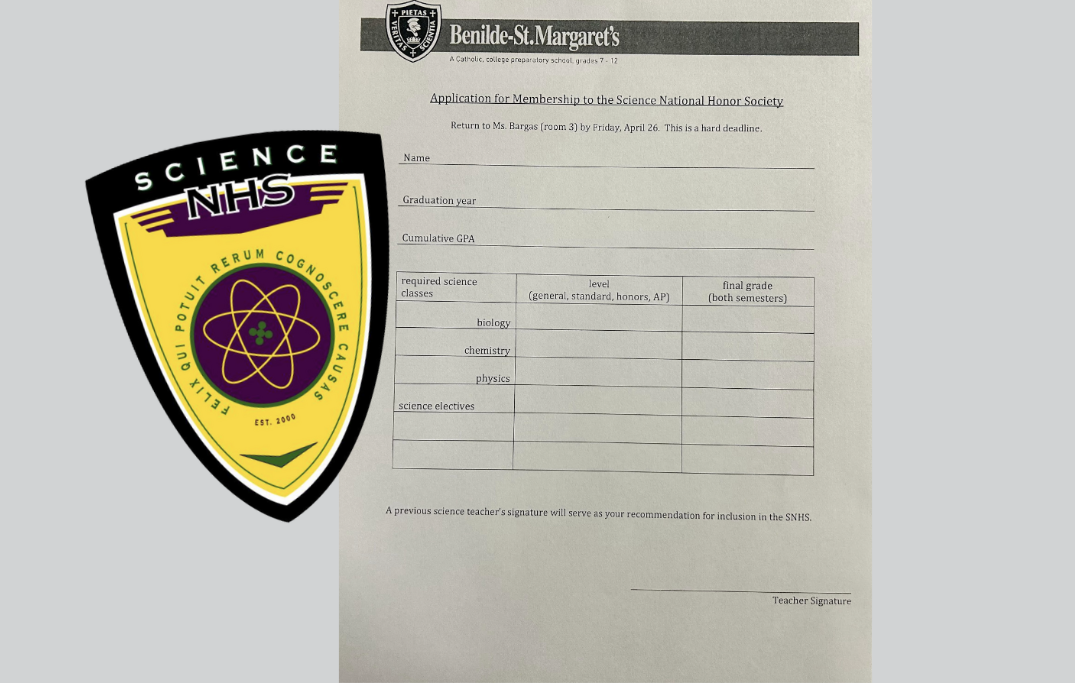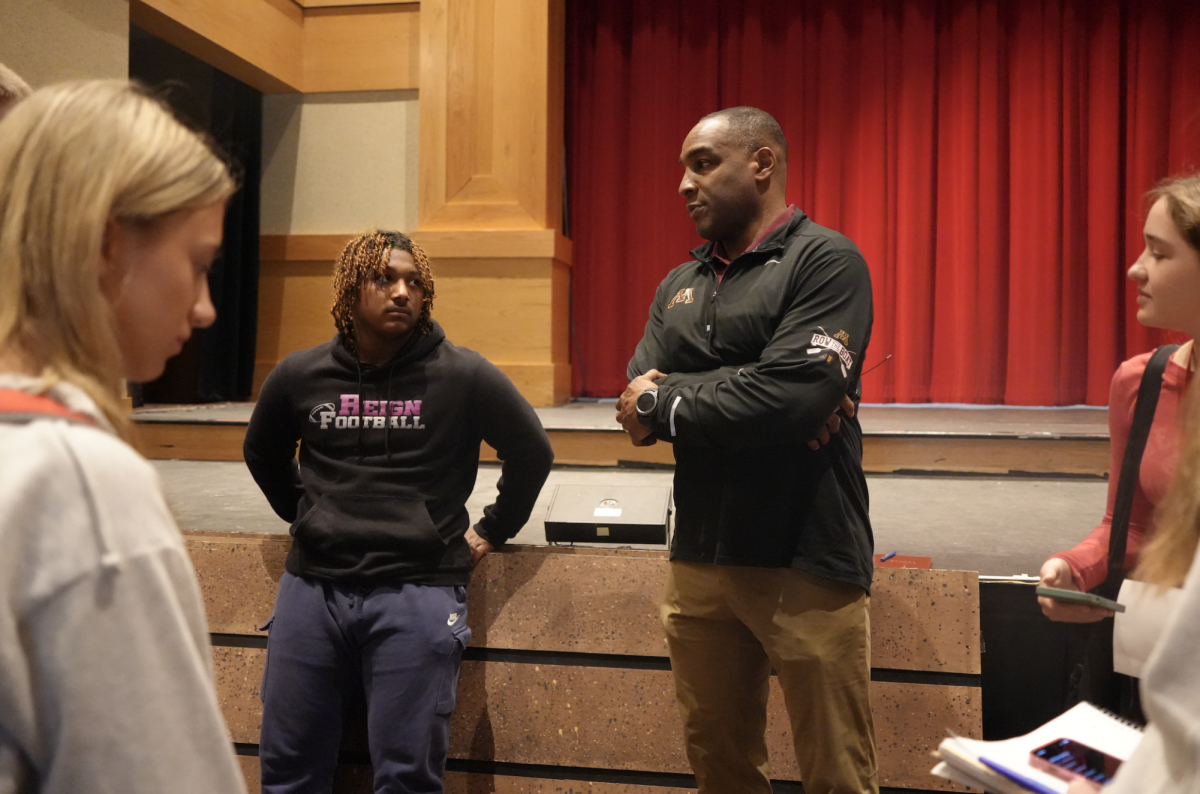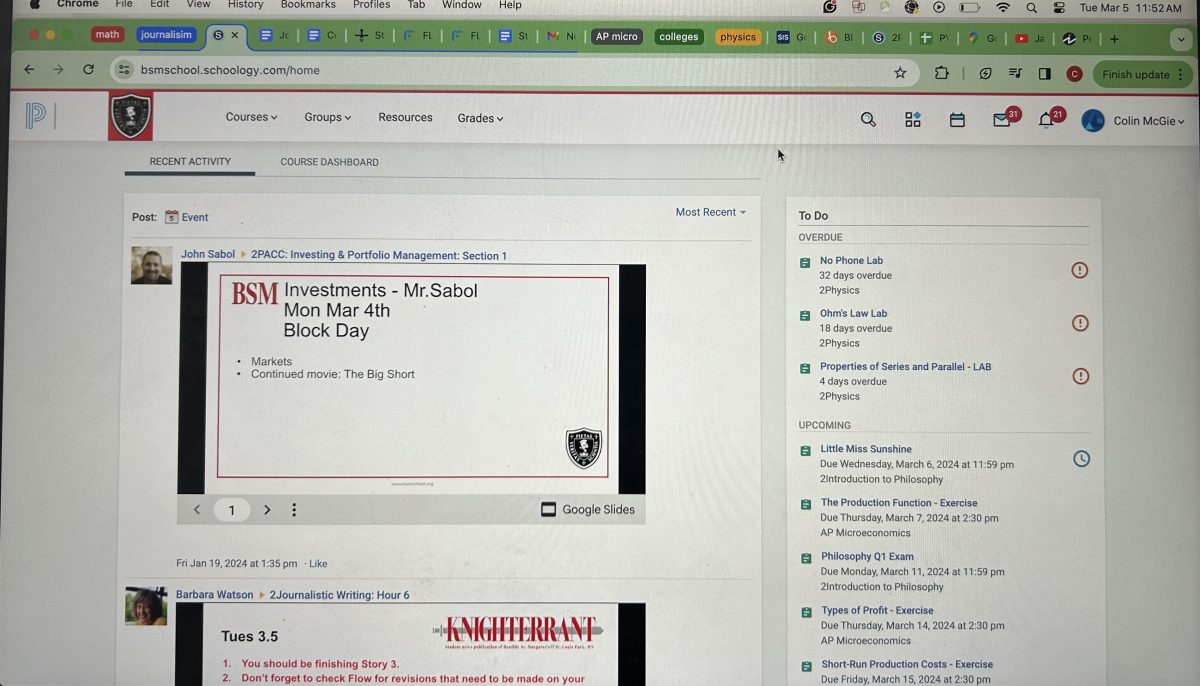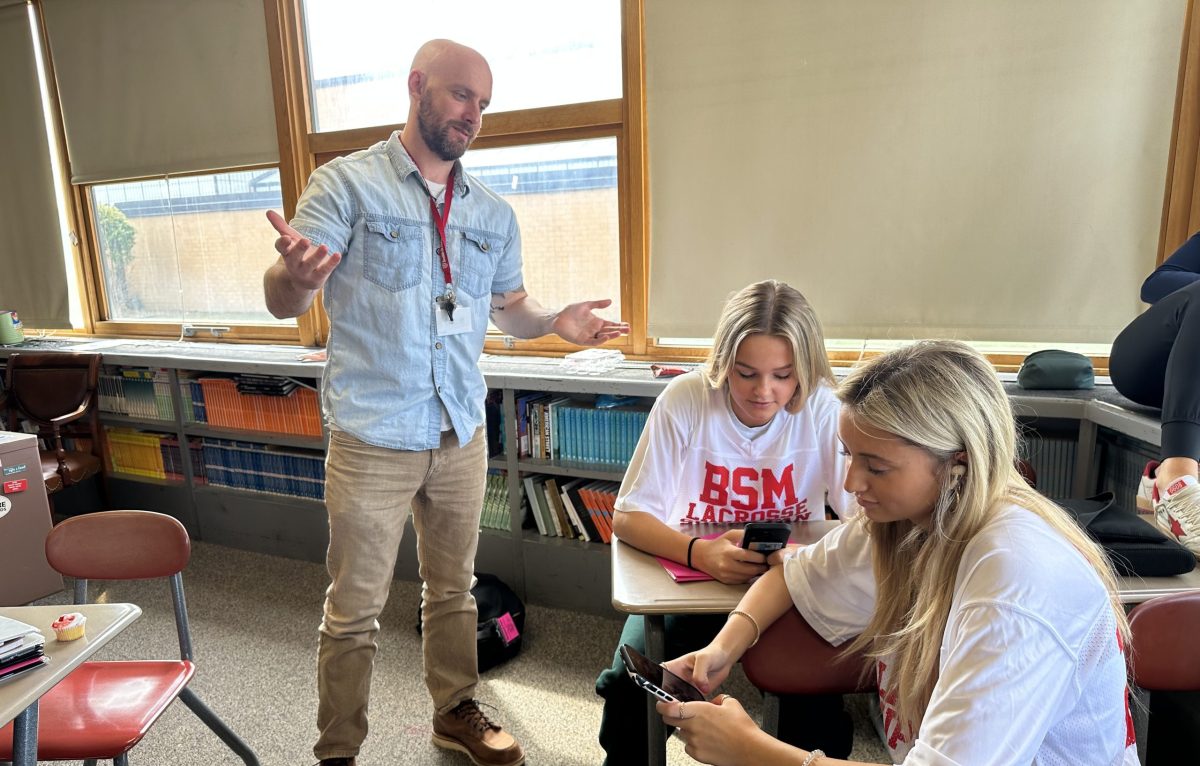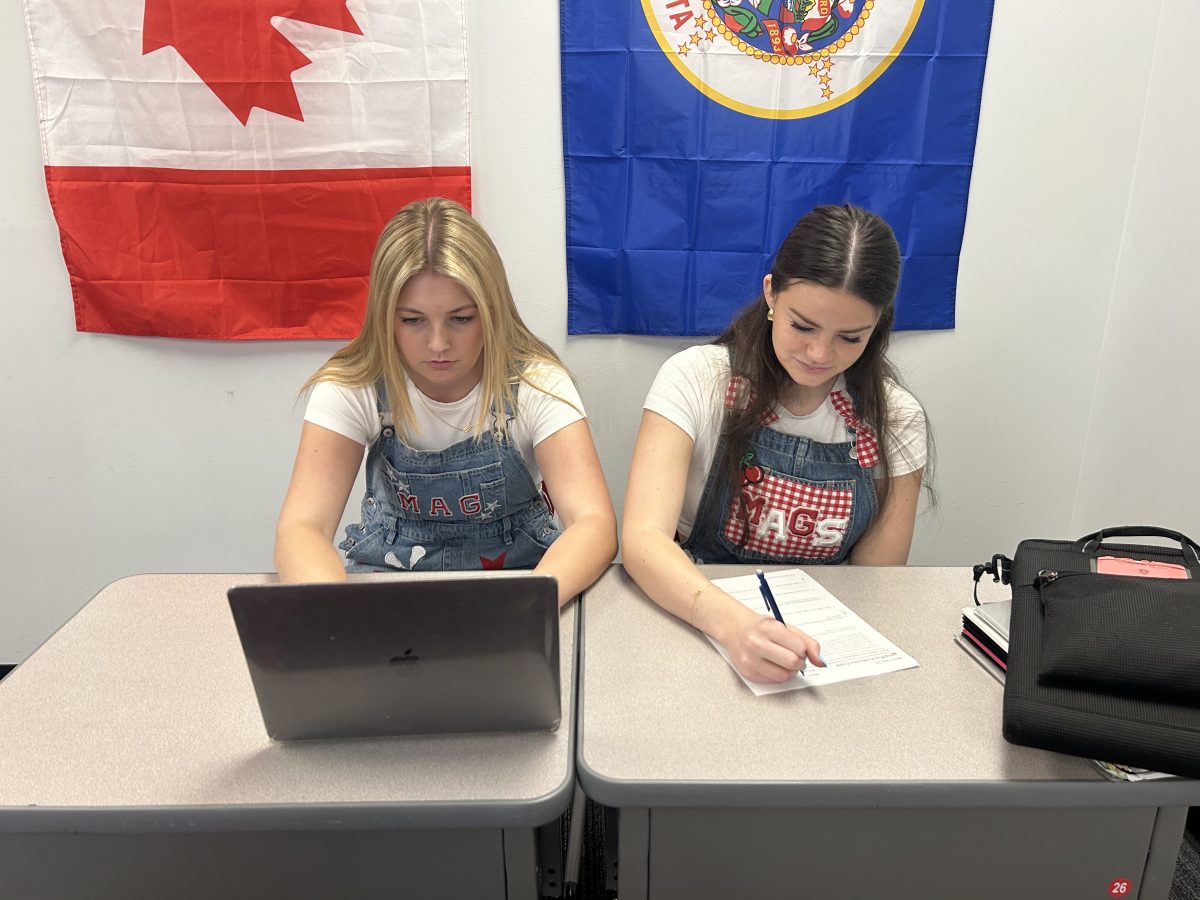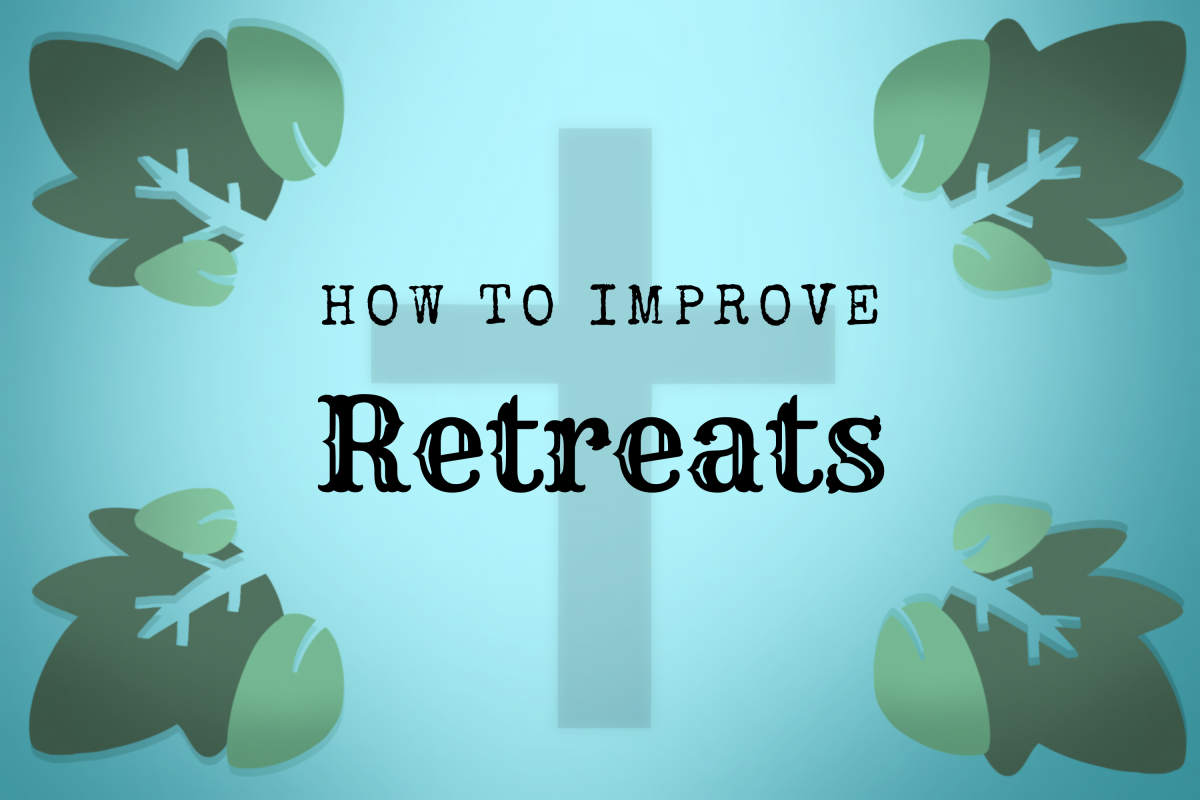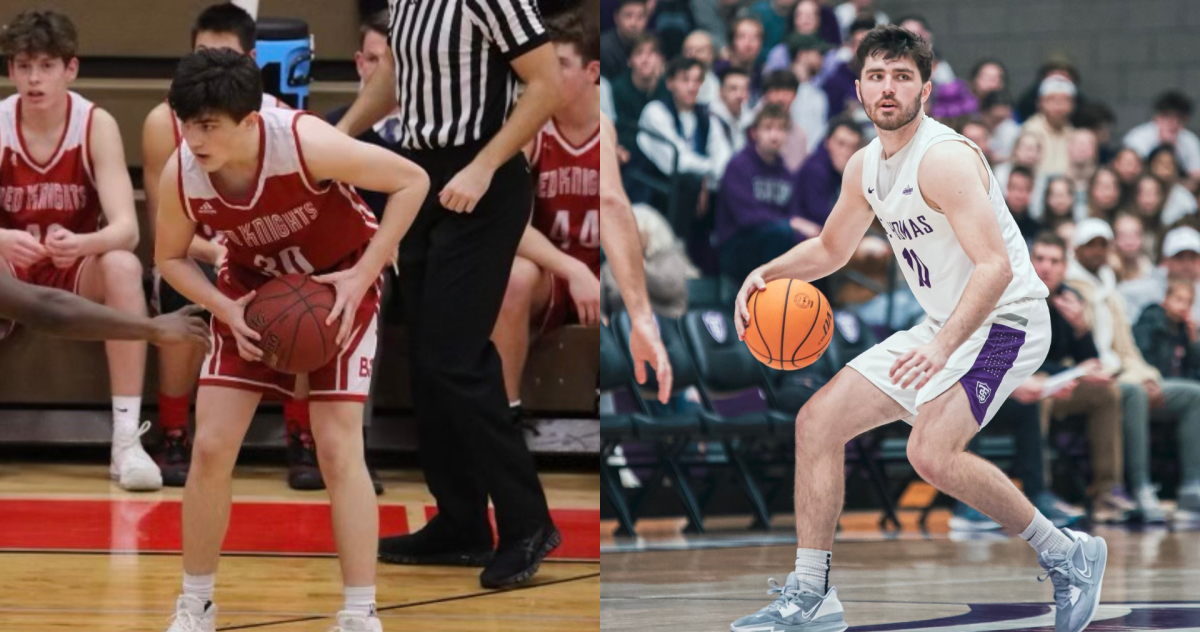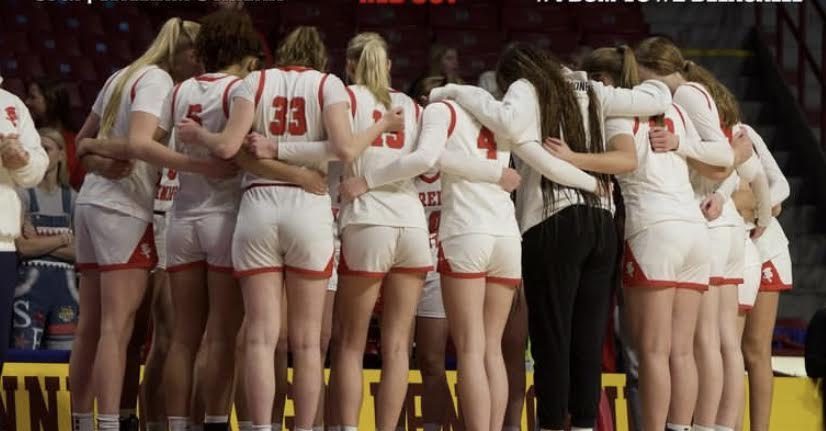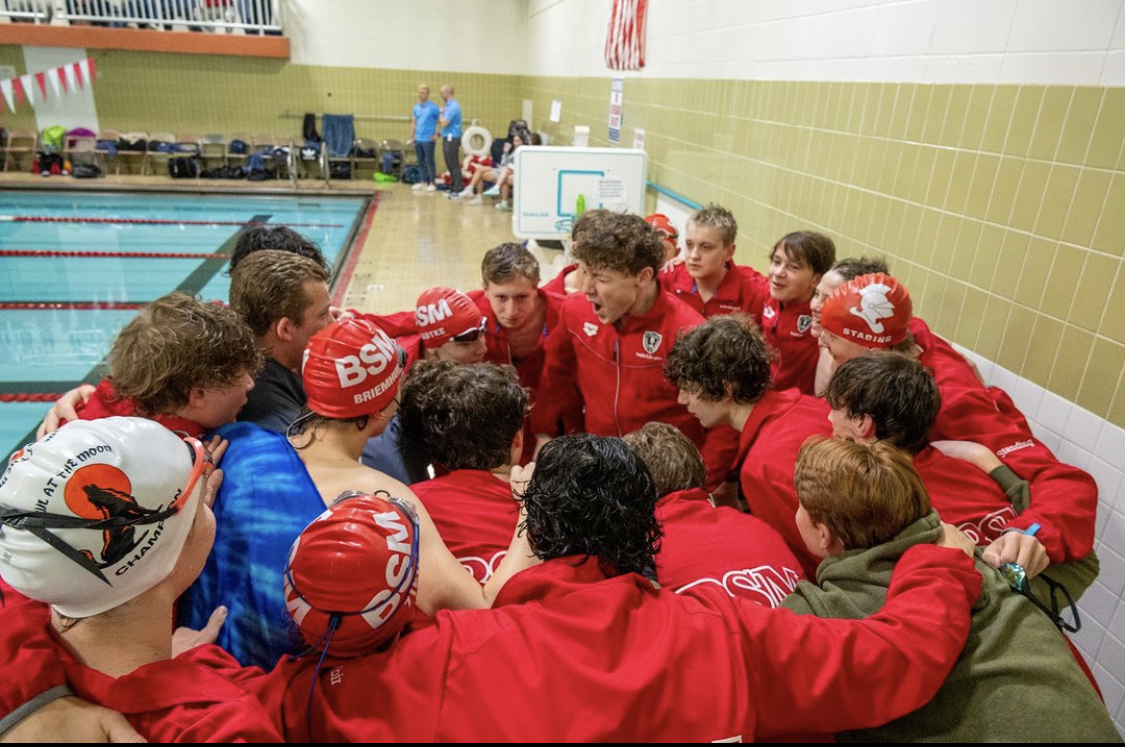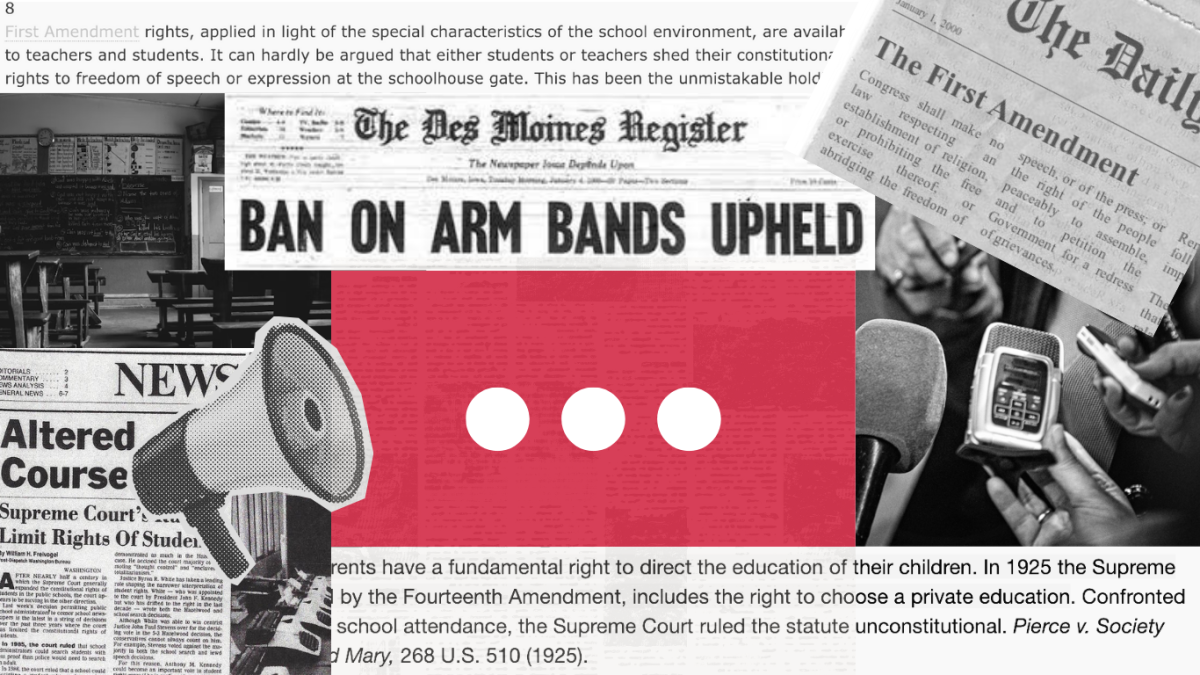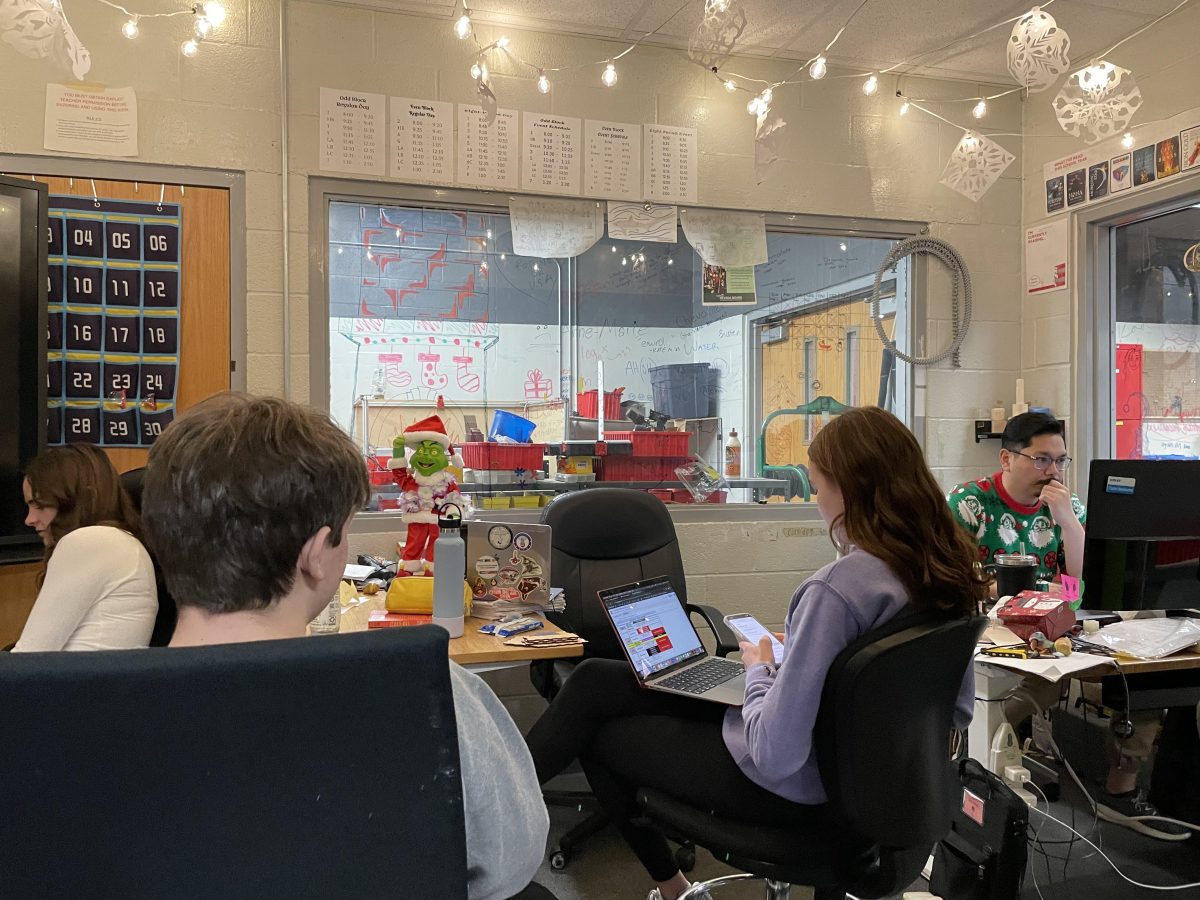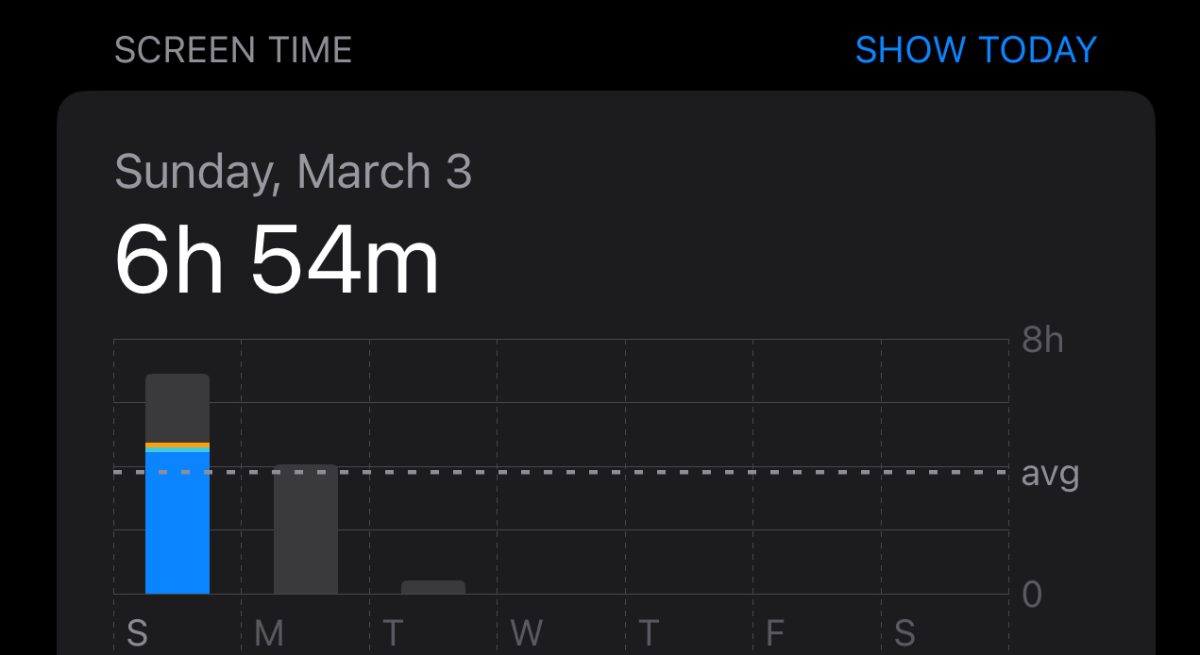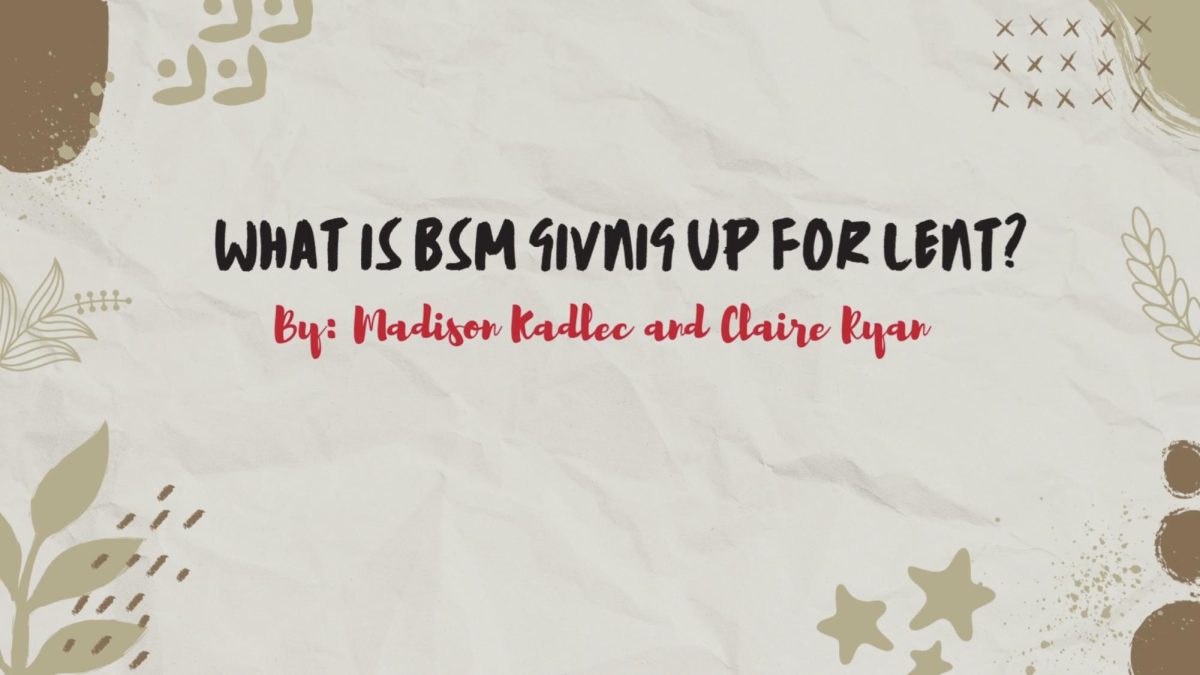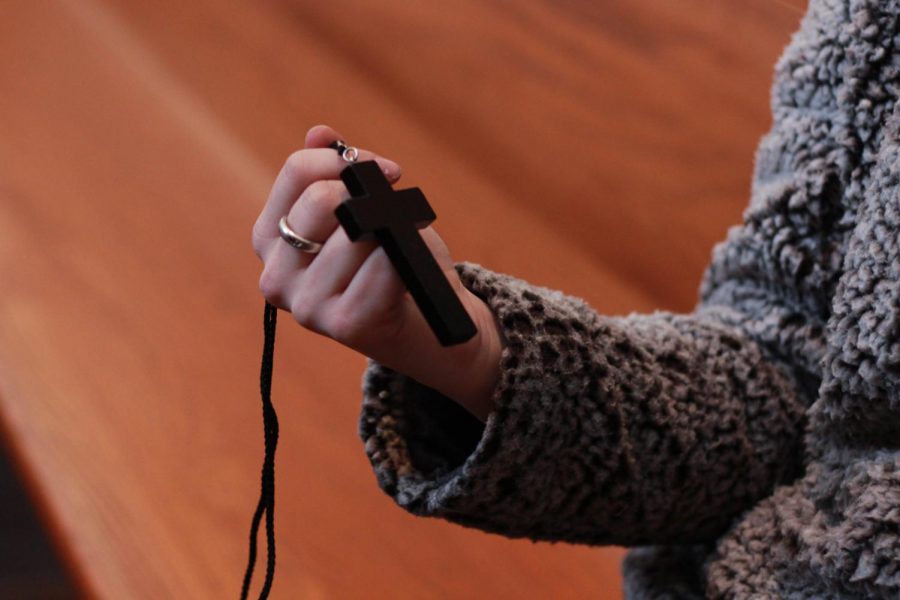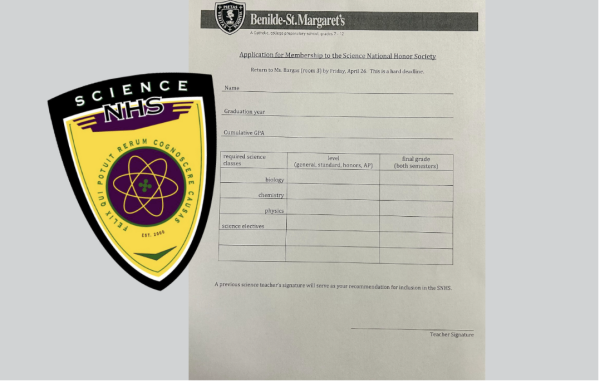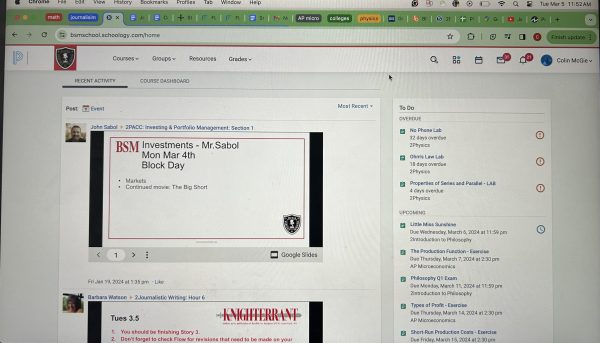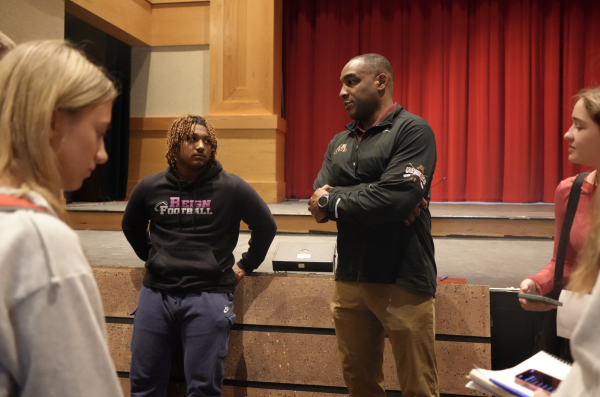A retrospective of religions at BSM
Even though BSM is a Catholic school, many people aren’t religious or practice different religions.
Although BSM is a Catholic school, it is home to students of many different religions. While Catholics are the most numerous, other Christian denominations–particularly Lutherans–are prevalent at BSM, and there are students of many other faiths and beliefs, too.
With BSM’s popularity for its excellent programs, it’s understandable that the student body is not limited to Catholics. Despite the variety of faith traditions represented by BSM students, all students, Catholic or not, must take a religion class each semester. Many non-Catholic students are accepting of these classes. “I understand that we have to take them because it’s a Catholic school, and I don’t really mind them because of I kind of like learning about other religions,” Izzi Benham, an agnostic sophomore, said.
Being non-Catholic doesn’t mean a student is against Catholicism. There are many aspects of the Catholic faith that students of other faiths can support. “I like how they help feeding the poor and helping people–I like that,” Claudia Larson, a sophomore who practices the Quaker religion, said.
Non-Catholic faculty and staff members are present at BSM as well. Ms. Rosalie Goldberg, a Jewish math teacher, feels very welcomed and accepted at BSM. Despite the difference in faith, Goldberg supports many of BSM’s messages. “A huge part of the Jewish faith is to always seek justice, and always do the right thing, and always try to make the world a better place. I see that in the service learning here,” Goldberg said.
To think that the Church is hateful or ignorant on these issues is to misunderstand what the Church actually teaches.
— Mr. John DeLozier
While there are Catholic views that students agree with, there are others that they disagree with. These mostly pertain to Catholic views on social or political issues, such as abortion and the LGBTQ+ community. The theology department stresses that despite any negative beliefs, the Catholic Church tries to remain open-minded. “To think that the Church is hateful or ignorant on these issues is to misunderstand what the Church actually teaches…Disagreeing with someone’s actions is different than not accepting them as a person or not loving them as a person because you can love someone but not always agree with their actions,” theology teacher Mr. John DeLozier said.
It’s a delicate balance as theology teachers try to design a curriculum that will challenge Catholic students who have grown up in Catholic schools as well as include non-Catholic students. The theology department tries to accept different faiths while also preaching a Catholic message that is complex enough for Catholic students and understandable enough for students of other faiths. “Our theology department really tries to create that balance between understanding the needs of our students wherever they’re at on their faith journey, but also remaining true to the tradition to which we teach… and there are struggles,” theology teacher Becca Meagher said.
Despite the theology department’s efforts, some students of other faiths feel slightly alienated at BSM. “They talk about how the school is filled with people of different religions a little bit… but also they’re steering you more towards Catholic,” Benham said.
When theology teachers build graded assignments around Catholic-based activities, such as assignments that require students to go to Mass, it’s much more difficult for students of other faiths. “They tell us, ‘Okay, for your assignment, you have to go out and pray,’ or do something like that, and I don’t know how to do that, and I just don’t want to do that, really,” Benham said.
As BSM grows in popularity, more non-Catholic students arrive and change its demographic. “I think our religious diversity is always pretty minimal, but it just changes… now I feel like the population of our Muslim students is increasing, which I like to see… If we’re going to count different Christian denomination in that diversity, then, yes, we are becoming more religiously diverse,” Meagher said.
I think our religious diversity is always pretty minimal, but it just changes.
— Ms. Becca Meagher
While non-Catholic students understand that this is a Catholic school and they will have to perform Catholic activities at school, they want to be included in theology classes just the way Catholic students are. World Religions is an option for seniors as one of their religion classes, but some younger students feel as though that level of inclusivity that World Religions represents is not available soon enough. “I think they should include other religions in [Theology classes]–learning about other religions… I think they should make it more inclusive,” Larson said.
World Religions is a unique class in terms of its focus. Since it is not primarily focused on the Catholic Church, it has a different degree of inclusivity that is shown in other theology classes. “The job of other theology classes is to always come back to the Catholic Church’s teaching and perspective… in World Religions, we always come back to Christianity or Catholicism as kind of the base for our comparisons… but our job really is to see the broad spectrum of diverse traditions,” Meagher said.
BSM works hard to promote inclusivity, acceptance, and open-mindedness towards all students, regardless of their faith. There are bound to be difficulties as the student body continues to diversify, but inclusivity is by no means an impossible goal to achieve, especially with the dedication of Theology teachers.“We want students to feel safe in [Theology] classrooms… regardless of their faith tradition, and so I would hope the perception is sort of this level of comfort,” Meagher said.

